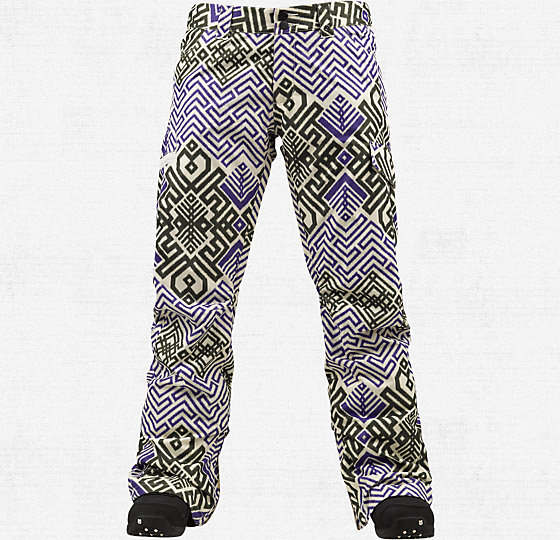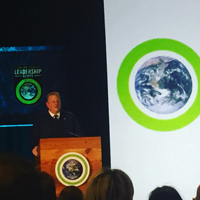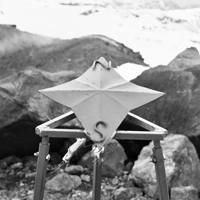
When Mountain Dew partnered with Burton Snowboards, last year, during their initial announcement of “The Green Mountain Project,” it marked a big move by a youth culture action sports brand (other than Patagonia) and a drink company to highlight the growing importance of sustainability in today’s marketplace.
The project started with a line of hand-crafted, limited-edition T-shirts made from 50% recycled plastic bottles and 50% organic cotton and was sold at Burton’s flagship stores and online.
This month, the outwear collection has hit stores for the 2012-13 winter season, including women’s and men’s snowboarding (and ski) jackets and pants made from recycled PET bottles such as Mountain Dew and other Pepsi soft drinks.
Mountain Dew’s Erica Pergament, the marketing director of PepsiCo Sports at the time when the collaboration was first announced said, “We had a vision of a partnership between DEW and Burton that would bring Performance with Purpose to life in a meaningful way for millennial consumers. We’re so excited to launch the first DEW GMP products and show consumers that it pays to reuse, reduce and recycle. And it never would have happened without the support of Tim Carey and Bob Spear from the PAB sustainability team, who worked with us to find a way to source, process and deliver the recycled PET.”
Today, Burton outerwear designer Colin Alger is stoked on their latest collaboration and sustainable collection. In a recent interview about his favorite picks, “I’d have to say I’m backing the Kohlman Jacket and Fireside Pants – both are a Mid fit, great fabrics, and look great together,” suggested Alger. “If I just had to pick a jacket, I like the Kohlman Jacket, the Mid Trench fit is proper.”

At a price tag of $359 for the Men’s jacket and $189 for the Women’s Hannah Teter pants, the pricepoint is still hefty. However it’s clearly a step in the right direction for outerwear, and is increasingly in demand among a new generation of consumers who’s parents’ have grown up with recycling as a part of their lifestyle, as we’ve outlined in our “Sustainability and The Future Youth Culture Study.”
Among the many factors discovered in our Study is what America’s youth, ages 13-25-years-old, think about the environment, humanitarian issues, greenwashing, brand transparency, and thrift/vintage buying habits, among other things, including an entire section devoted to the “State of Mind” of today’s youth marketplace. Exploring their sense of Success, Hope, and Happiness helps tp greater define their DIY entrepreneurial spirit.

According to Tom Wallace, President of Label Networks, “It’s important to also point out that there’s now a new demographic that has gone through their entire teens within this economic period of recession, resulting in the shadows of a new “savings” culture. This is redefining spending patterns, creating new forms of “up-cycling,” changes in their transportation habits, and an increase in wanting wearable technology and more relevant sustainability practices from their favorite brands.”
Clearly, The Green Mountain Project and sustainability in general is a movement of the future. The Outdoor Industry Association has recognized this by recently choosing Label Networks as a presenter at the upcoming Outdoor Retailer Winter Market in January, 2013.
“By looking at the data,” says Wallace, “it’s clear that brands, non-profits and industry leaders need to understand how this new generation thinks and acts on such topics in order to create relevant and viable sustainability plans for their future.”
For more information about Label Networks’ youth culture subscriptions including the “Sustainability and The State of the Future Youth Culture Study 2012,” email info@labelnetworks.com; (323) 630-4000.


